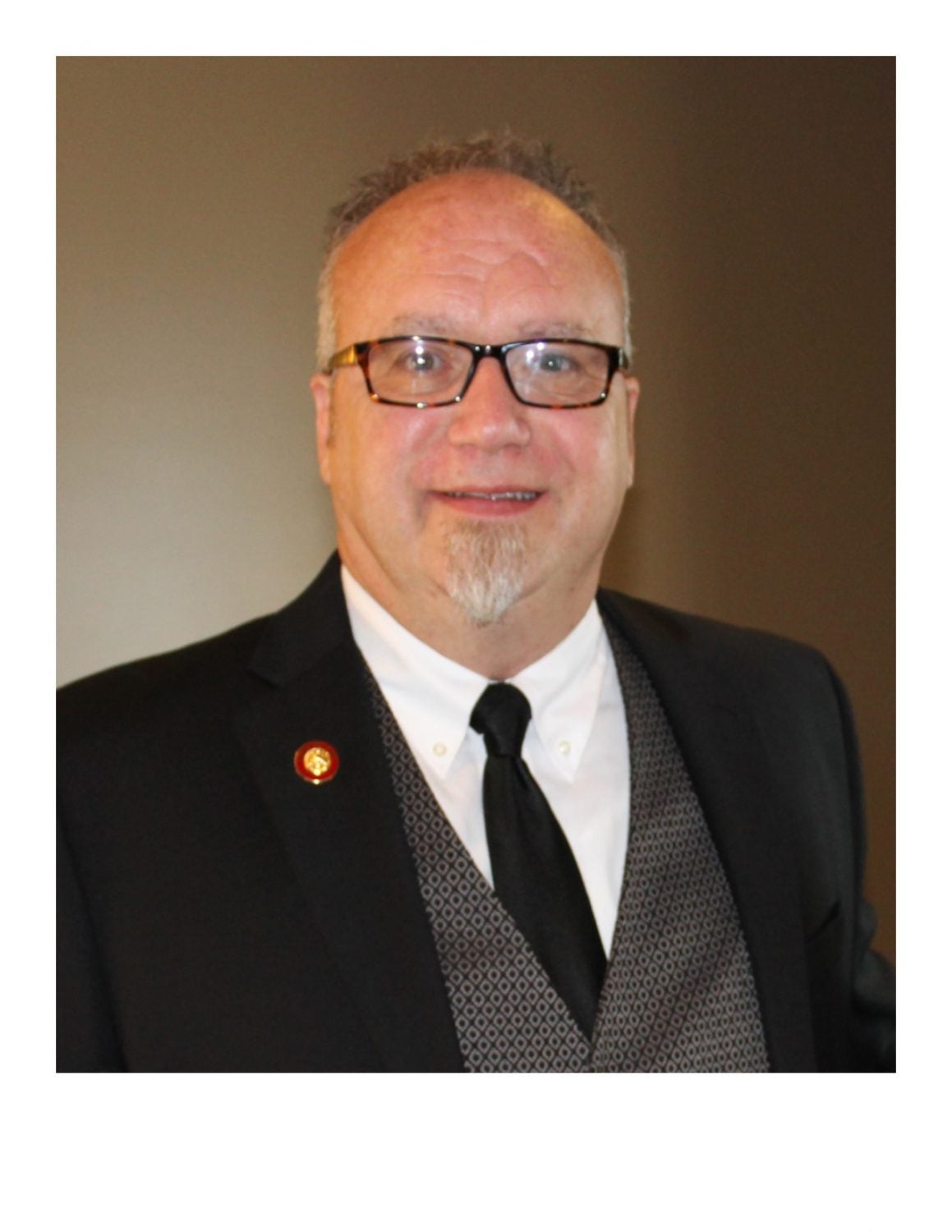College: choices best made wisely
Published 6:56 pm Wednesday, May 10, 2017
I want to congratulate the recipients of scholarships from the Nicholasville Rotary Club—Mike Hatton, Casey Kibler, Sophia Sutherland and Josiah Renner—who were recognized at this week’s meeting. They each have a plan mapped out for themselves after they graduate from the Jessamine County Schools system. I applaud them for having a plan, because that is very important in this day and age.
A college education is an expensive investment today, and it is an investment with no guaranteed return once you earn the degree you work on. Really, there isn’t even a guarantee that you will complete the program and earn that degree in the first place.
According to a variety of different sources over the past five years, over 50 percent of the students who enroll in a college drop out before attaining an undergraduate degree. Think about that stat, then realize that those classes that they took before dropping out had to be paid for, and that money is not reimbursed. And if money was borrowed to pay for those classes? It has to be repaid with interest—regardless of how high you climbed up the educational ladder and how high of a pay grade your skill set nets for you in the workforce.
Another interesting thing to consider, and something that I have seen with a great number of my friends from college, is that many graduates wind up in careers that have nothing to do with the field of study that they earned their degree in (and probably have to pay off). In 2013, The Washington Post reported that only 27 percent of recent college graduates had a job related their major.
A college education is a valuable asset to have and something worth the headache of working for. But the homework must begin before enrollment into a college, because a change of mind doesn’t bear a light expense, to say the least.
My advice for students who are not certain as to their desired major is always to begin by looking into community colleges and trade schools to get started. Those institutions are almost always less expensive for general classes that can be transferred, and can be a major blessing for students still trying to figure out exactly which career path they want to venture down.
Another plus to technical and trade schools is that there are very good jobs that a person can get upon graduation. Particularly if that individual is looking to live in a smaller or more rural town. I have several good friends in Nebraska whose Associate’s Degrees from a community college landed them in a solid job that they were able to climb upward to attain a well-paying position minus the two more years of school.
So congratulations to all of our graduating high school seniors over the next few weeks, and I bid you all the best of luck as you enter your college careers. Just remember that there several options to explore en route to determining what your career goal is, and the best route to take to get there.




